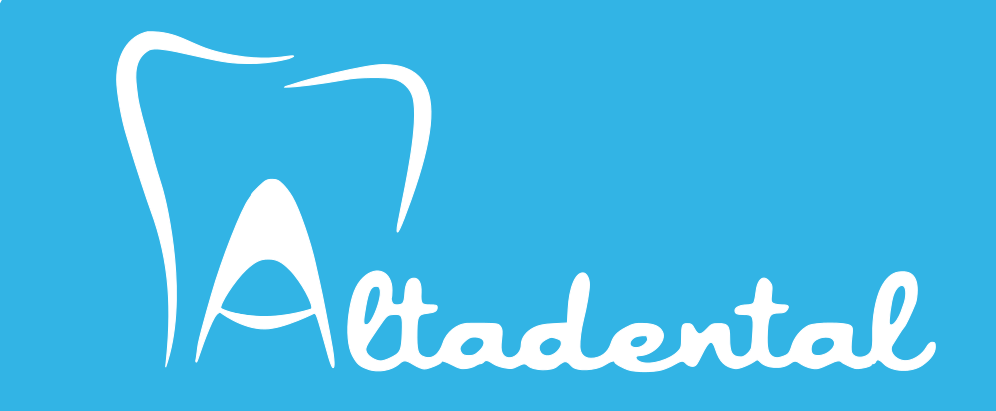As the old adage says, with age comes wisdom. And as we all grow older, certain health concerns earn our full attention. One of those concerns is the importance of oral health for seniors. We all only get one set of permanent teeth, so it's crucial to take care of them for our entire lives.According to the Washington Dental Service Foundation (WDSF), around 75 percent of adults 60 and older only have a portion of their original teeth. It stands to reason that issues like severe gum disease, which is common in about 23 percent of seniors between the ages of 65 to 74, can contribute to the loss of your natural teeth. Risks for conditions such as heart disease and diabetes increase with poor oral health as well.Gum disease, sensitive teeth, diabetes and dry mouth are just some of the conditions that stress the importance of oral health in older adults. Let's take a look at these in a bit more detail.Gum DiseaseThis results when the gum tissues surrounding teeth become infected due to a buildup of plaque on the teeth and gums, according to the American Dental Association (ADA) Mouth Healthy site. Gingivitis is the first stage of gum disease and is recognizable by swollen, red or bleeding gums. Gum disease is a concern for older adults for a number of reasons including plaque building up on teeth and gums from years of consuming a poor diet and not developing proper oral health care habits earlier in life. With the proper treatment – including a trip to your dentist – gingivitis is reversible.
Sensitive Teeth
At some point, we've all tossed back a nice, cold glass of water only to grimace at that sharp, tingling sensation in our teeth. A number of factors cause tooth sensitivity, including cavities, gum disease and worn tooth enamel. Proper brushing and using a toothpaste such as Colgate® Sensitive Pro Relief will gradually appease that sensitivity.DiabetesDiabetes occurs when your body's blood glucose exceeds normal levels, according to the American Diabetes Association. There are two types of diabetes – Type 1 and Type 2. The latter is far more common, and typically occurs in older adults due to a poor or worsening diet. Type 1 is found in children and young adults. Those with diabetes are at much greater risk for gum disease, thrush (resulting from a fungus that grows in the mouth) and dry mouth.Dry MouthA lack of saliva in the mouth results in the condition known as dry mouth. It's usually caused by medications taken for other medical issues, which can become more prevalent as you get older. The biggest concern associated with dry mouth is tooth and root decay, both of which can lead to infections and tooth loss.Oral Health TipsJust because people are more prone to oral health problems with age doesn't mean you have to experience them. The WDSF offers some advice on how to keep your mouth in good health. Here a few important tips:Maintain regular dental visits. Even if you're a denture wearer, getting your gums checked is still important.Don't forget to brush twice each day, and use toothpaste that contains fluoride.After you brush, floss. Cleaning between your teeth ensures healthy gums and teeth.Monitor your sugar intake from candy and soda, and watch out for starch-filled snacks. Brush shortly after snacking.Don't use tobacco, and drink fluoridated water.
Source: The Importance of Oral Health for Older Adults
Source Link: http://www.colgate.com/en/us/oc/oral-health/life-stages/oral-care-age-55-up/article/sw-281474979334135












